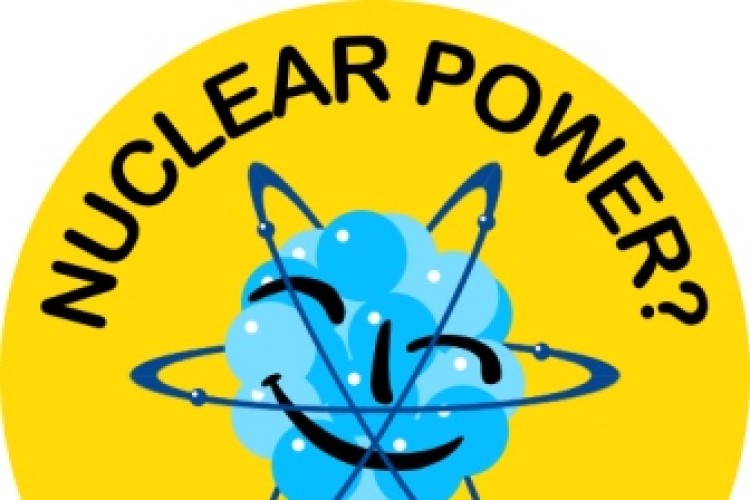Institution of Civil Engineers director general Tom Foulkes said that the industry could now move forward with the planned new build programme with renewed confidence.
“Nuclear is a vital part of the UK’s energy mix – at present there is no other viable, low carbon alternative to replace baseload generation from gas and coal-fired plants set to come offline in the next decade,” he said.
“Weightman’s review has rightly set the standards high for UK nuclear, putting the onus on industry to strive for continued improvements in safety and risk assessment. Ensuring these lessons are understood at every level of delivery is crucial to minimising project risks.
“ICE will be playing its part in meeting this challenge through its ongoing ‘Nuclear Lessons Learnt’ programme, helping to capture lessons not only from Fukushima but from past projects across the world to ensure safer, more efficient delivery of nuclear power in the UK.”
EDF Energy chief executive Vincent de Rivaz said: “Dr Weightman has undertaken a comprehensive, transparent and evidence-based review of the implications for nuclear power in the UK. The report demonstrates the importance of strong, expert regulation and will provide valuable input to the process of continuous improvement.
“We will review his findings in detail and build them into our plans. We have already committed to implementing his recommendations for us in full.
“We welcome Dr Weightman’s reaffirmation that ‘UK nuclear facilities have no fundamental safety weaknesses’. He also said that the industry had responded ‘constructively and responsibly’ and specifically that EDF Energy had shown ‘appropriate commitment’ to address his recommendations.
“Immediately following the incident at Fukushima, we reviewed our processes and training programmes. Since Dr Weightman’s Interim Report we have carried out additional work to strengthen our safety performance further. We have delivered additional refresher training in Severe Accident Management for key technical staff and we are putting in place enhancements to our backup equipment such as electrical supplies for cooling systems, equipment related to fuel pond cooling and emergency command and control facilities.

“We invest more than £300m a year in our nuclear fleet. As a result of Fukushima we will invest even more.
“Our safety performance is strong and subject to continuous improvement, including through the robust Periodic Safety Review process.
“We will also play our part in three recommendations highlighted by Secretary of State for Energy Chris Huhne MP, which are to review the UK’s ability to provide real time information in an emergency and the robustness of its emergency control structures, as well as to continue promotion of the nuclear safety culture.
Mr de Rivaz also welcomed Dr Weightman’s finding that there are no safety issues blocking the new build programme. Mr de Rivaz said: “This is important because Britain needs new nuclear to tackle the three challenges of keeping the lights on, keeping prices affordable and reducing emissions.
“We will build more than just a nuclear power station. It is part of the growth agenda for Britain. The project’s legacy will contribute to a strong economic future by restarting a nuclear construction industry after a gap of nearly 20 years and creating jobs and business opportunities for decades to come, as well as affordable, secure and clean electricity for homes and businesses.”
However, there was a note of caution from Deloitte’s nuclear team chief, Daniel Grosvenor. “The disaster in Japan has had, and will continue to have, repercussions for power, utilities and resources companies. The chief nuclear inspector’s report and the subsequent announcements from the government signified no change in nuclear new build policy, but announced a list of action points to be addressed by the industry,” said Mr Grosvenor.
He continued: “In the UK and overseas the challenge of delivering new nuclear build against a background of continued financial crisis has increased due to greater public scepticism, tighter permitting procedures and the impact on global utilities balance sheets of the closure programmes announced, especially in Germany. The nuclear industry has already taken a large hit, but the full financial impact for operators is still unclear. The industry’s plans for the future may not be quite as ambitious as before, but it looks like nuclear power could still play a significant part in the future UK and global energy mix. However the UK plans could still be susceptible to changes in government carbon reduction policies, with government funding under greater pressure, as well as the discovery of new shale gas reserves around Blackpool, potentially switching the balance back in favour of combined cycle gas turbine (CCGT) development.”
Got a story? Email news@theconstructionindex.co.uk



